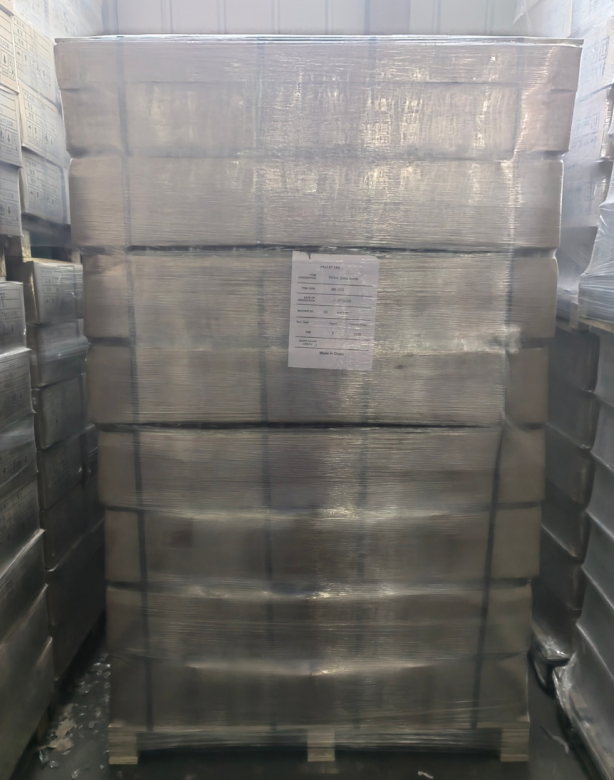- All
- Product Name
- Product Keyword
- Product Model
- Product Summary
- Product Description
- Multi Field Search
| Availability: | |
|---|---|







250ml Clear Longneck Beer Bottle
Unlock the visual allure of your craft with our premium 250ml clear glass beer bottle. Engineered for beverages where appearance is paramount, this vessel highlights radiant hues, lively carbonation, and artisanal sediment—perfect for hazy IPAs, fruit-infused sours, or limited-edition brews demanding stage presence. Made from ultra-clear Type I glass with exceptional light transmission (91%+), it pairs European elegance with industrial durability. Featuring a standardized longneck finish for seamless crowning/capping and a sleek silhouette optimized for premium labeling, this bottle transforms small-batch creations into shelf magnets. Ideal for experimental brews, tasting flights, luxury sodas, or CBD-infused beverages where transparency builds trust.
Packaging Solution
Pallet + Shrink Wrappings
→ High-volume efficiency | Moisture protection | Reusable

FAQ
1.Clear glass offers zero UV protection—how do you recommend preventing "skunking" in light-sensitive beers like IPAs?
Mitigation requires an operational strategy that encompasses multiple aspects: in terms of packaging, using opaque secondary packaging (e.g., cartons) or UV-blocking shrink sleeves; for storage, advising retailers to avoid fluorescent lighting and instead use amber warehouse lighting; regarding chemistry, formulating with reduced isomerized hop extracts (e.g., TetraHop®) that resist 350–500nm photodegradation; and for speed-to-market, positioning products for rapid consumption with a shelf life of ≤30 days.
2.For brewers using live yeast/unfiltered products: How does the glass composition resist etching from high-acid/high-CO₂ environments during conditioning?
Our Type I glass incorporates 7–8% boron oxide (B₂O₃) to achieve pH resilience down to 2.8 (tested per ASTM C225), surface hardness >550 HV (Vickers) to resist CO₂-induced pitting, and lab data confirms <0.01mm/year erosion at 4.5 vol CO₂ and pH 3.5—ideal for bottle-conditioned sours or kombucha.
3.Sustainability claim verification: How is "recyclability" valid when clear glass often downcycles into amber/green streams?
Transparency enables circularity through purity—with low iron (<0.02%) and near-zero colorants allowing recycling into any glass stream—traceability, as batch-level documentation confirms >85% closed-loop recyclability via partnerships with strategic MRFs, and LCA proof, where a third-party verified EPD shows 0.18 kg CO₂e/bottle (cradle-to-gate) using 50% post-consumer cullet.
4.Can small producers (<10,000 units) access custom embossing without prohibitive mold fees?Yes—this is achievable through digital mold libraries, which allow selection of pre-engineered designs (e.g., barley motifs, geometric patterns) at $0.15–0.30 per unit with a minimum order quantity of 5,000; laser etching for post-production customization ($0.80 per bottle, minimum order quantity 500) to add variable data such as batch codes and logos; and modular neck rings, which enable swapping embossed rings on existing molds with a $1,200 setup cost that amortizes over production runs.
250ml Clear Longneck Beer Bottle
Unlock the visual allure of your craft with our premium 250ml clear glass beer bottle. Engineered for beverages where appearance is paramount, this vessel highlights radiant hues, lively carbonation, and artisanal sediment—perfect for hazy IPAs, fruit-infused sours, or limited-edition brews demanding stage presence. Made from ultra-clear Type I glass with exceptional light transmission (91%+), it pairs European elegance with industrial durability. Featuring a standardized longneck finish for seamless crowning/capping and a sleek silhouette optimized for premium labeling, this bottle transforms small-batch creations into shelf magnets. Ideal for experimental brews, tasting flights, luxury sodas, or CBD-infused beverages where transparency builds trust.
Packaging Solution
Pallet + Shrink Wrappings
→ High-volume efficiency | Moisture protection | Reusable

FAQ
1.Clear glass offers zero UV protection—how do you recommend preventing "skunking" in light-sensitive beers like IPAs?
Mitigation requires an operational strategy that encompasses multiple aspects: in terms of packaging, using opaque secondary packaging (e.g., cartons) or UV-blocking shrink sleeves; for storage, advising retailers to avoid fluorescent lighting and instead use amber warehouse lighting; regarding chemistry, formulating with reduced isomerized hop extracts (e.g., TetraHop®) that resist 350–500nm photodegradation; and for speed-to-market, positioning products for rapid consumption with a shelf life of ≤30 days.
2.For brewers using live yeast/unfiltered products: How does the glass composition resist etching from high-acid/high-CO₂ environments during conditioning?
Our Type I glass incorporates 7–8% boron oxide (B₂O₃) to achieve pH resilience down to 2.8 (tested per ASTM C225), surface hardness >550 HV (Vickers) to resist CO₂-induced pitting, and lab data confirms <0.01mm/year erosion at 4.5 vol CO₂ and pH 3.5—ideal for bottle-conditioned sours or kombucha.
3.Sustainability claim verification: How is "recyclability" valid when clear glass often downcycles into amber/green streams?
Transparency enables circularity through purity—with low iron (<0.02%) and near-zero colorants allowing recycling into any glass stream—traceability, as batch-level documentation confirms >85% closed-loop recyclability via partnerships with strategic MRFs, and LCA proof, where a third-party verified EPD shows 0.18 kg CO₂e/bottle (cradle-to-gate) using 50% post-consumer cullet.
4.Can small producers (<10,000 units) access custom embossing without prohibitive mold fees?Yes—this is achievable through digital mold libraries, which allow selection of pre-engineered designs (e.g., barley motifs, geometric patterns) at $0.15–0.30 per unit with a minimum order quantity of 5,000; laser etching for post-production customization ($0.80 per bottle, minimum order quantity 500) to add variable data such as batch codes and logos; and modular neck rings, which enable swapping embossed rings on existing molds with a $1,200 setup cost that amortizes over production runs.